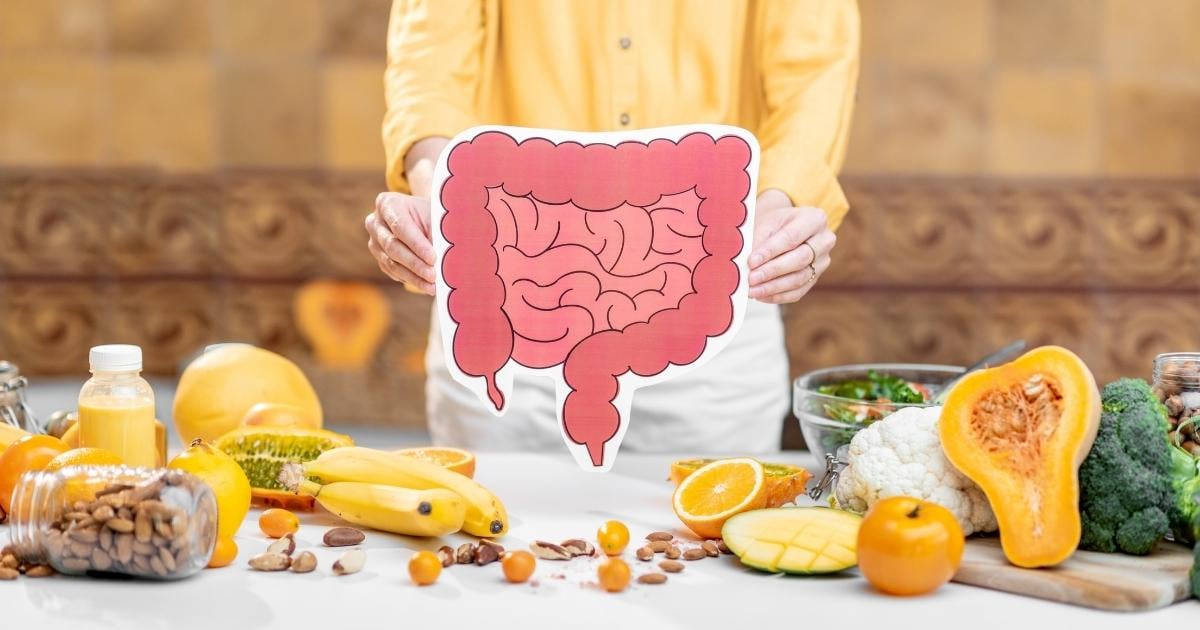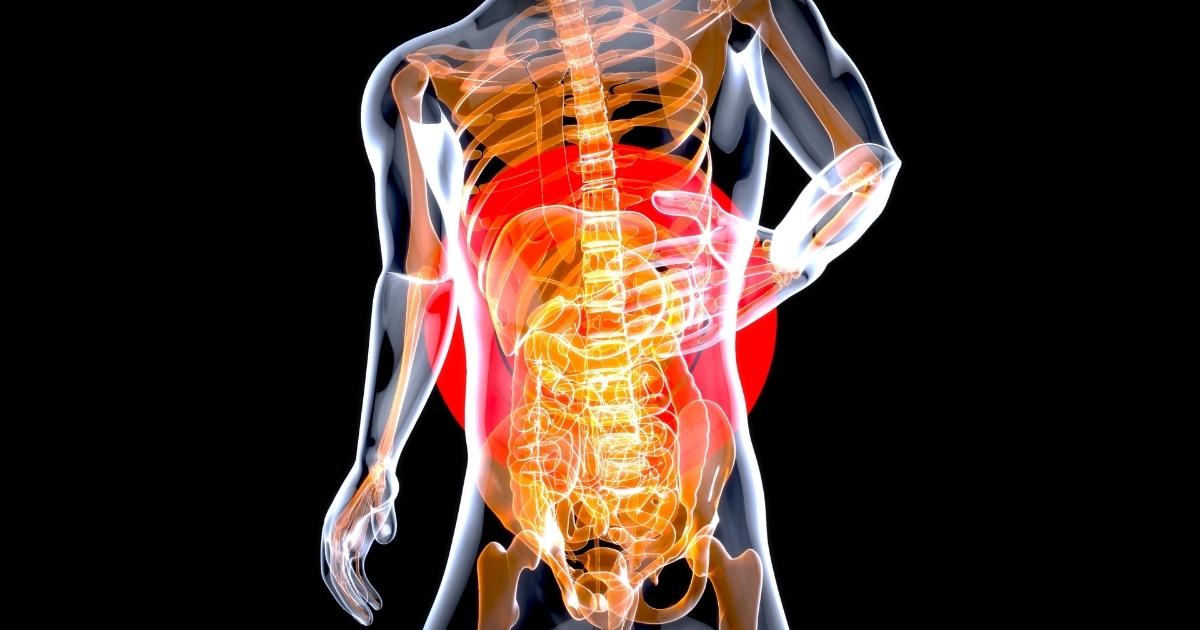What is our gut, and why is it essential to maintain its health?
Our gut is our gastrointestinal tract or our digestive system. It is most commonly linked to our diet. Common knowledge is that your physical health will improve if you eat healthy food. However, a healthy gut goes further than improving your physical health. Recent studies have shown that having good gastrointestinal health can also improve your overall mental health.
How is gut health connected to our mental health?
Several researchers use the everyday experience of feeling nauseous when you’re nervous to help describe the connection between gut health and mental health. Essentially, our emotions and our digestive health affect each other. A study from Johns Hopkins[1] explains that scientists have named the “second brain” in our gut the enteric nervous system.
The enteric nervous system has millions of nerve cells on the gastrointestinal lining that help to control digestion. The Johns Hopkins article explains that the nervous system in our gut is similar in function to the brain in that it communicates with other body parts.
Other studies, such as a Harvard 2021 article[2], note that when we have strong emotional feelings, we often feel them in our stomachs. Recently, it has become more well-known that the key to overall health is a healthy gut. Probiotic foods and drinks like kombucha and yogurt have become popularized to target gut health.
But to promote healthy gut lifestyle practices, we need to know the full effect a healthy digestive system has on the whole body. Taking care of your gastrointestinal system can improve bowel movements, nutrition, and overall physical health. However, more recent studies have found that anxiety and other mental health symptoms can be affected by the state of your digestive system.
Recent studies[3] have found that a significantly large portion of people with digestive health disorders such as irritable bowel syndrome (IBS) develop symptoms of depression and anxiety. While our mood, concerns, and other emotional processes have been found to affect our digestive health, the opposite has also begun to be found faithful. This is especially concerning because the development of IBS has increased overall.

Essentially, irritation in the gastrointestinal tract can send signals to the central nervous system and may trigger mood changes. Experiencing frequent bloating, constipation, diarrhea, and other digestive issues can cause negative mental health symptoms. While it is not clear if poor digestive health directly causes poor mental health or if it may exacerbate current mental health issues, research has begun to identify the clear connection between the two systems.
Processes of the digestive system release hormones and neurotransmitters from the gut to the brain, influencing brain function, then causing mental health symptoms such as mood changes, depression, and anxiety.
Moreover, depressive symptoms can cause neurochemical dysfunction, which can come from inflammation in the gastrointestinal tract.
What does this mean for public health?
This issue has implications for physical and mental health. Taking care of our gastrointestinal system is part of a holistic view of health to improve the overall quality of life. Taking the time and effort to heal and restore your gut health will better serve your physical and mental health.
Additionally, the incidence of IBS has significantly increased within the past 50 years. IBS has been found especially likely to develop in younger women. In 2010, 7-10% of people reported having IBS worldwide[5]. Therefore, this global public health issue should be addressed due to its rising prevalence.
Ultimately, a healthier digestive system will mean improved health in various aspects for the public. Educating people on the importance of gut health for physical and mental well-being helps improve the general public's quality of life, life expectancy, and overall health.

How can we take care of our digestive system?
Countless studies report that optimizing physical and mental health can be done through gastrointestinal health. Probiotics, living microorganisms, have been found to have positive health impacts on gastrointestinal inflammation and symptoms of anxiety and depression.
Some common symptoms[4] of an unhealthy gut include:
- chronic pain
- weight loss
- migraines
- insomnia
- fatigue
Therefore, incorporating foods that improve your gut microbiome are effective ways to maintain a healthy digestive system. You can look at How to Heal and Restore Your Gut Naturally to learn more about specific steps to take care of your digestive health.
Choosing a healthy plant-based and vegan diet is most beneficial when it comes to:
-
Higher levels of energy;
-
Improved sleep;
-
Aids in energy and overall happiness;
-
Provides a sense of comfort and relief;
-
Could prevent major diseases such as obesity and diabetes;
-
Accomplish weight loss and management; and
-
Improves mental and cognitive functioning.
What is your biggest need for living your healthiest lifestyle? Are you looking for ways to improve your diet and boost your immunity? Let us know what you think of the article.
Have any follow-up questions? Please send us a message in the comments section below. We love hearing your feedback!


















